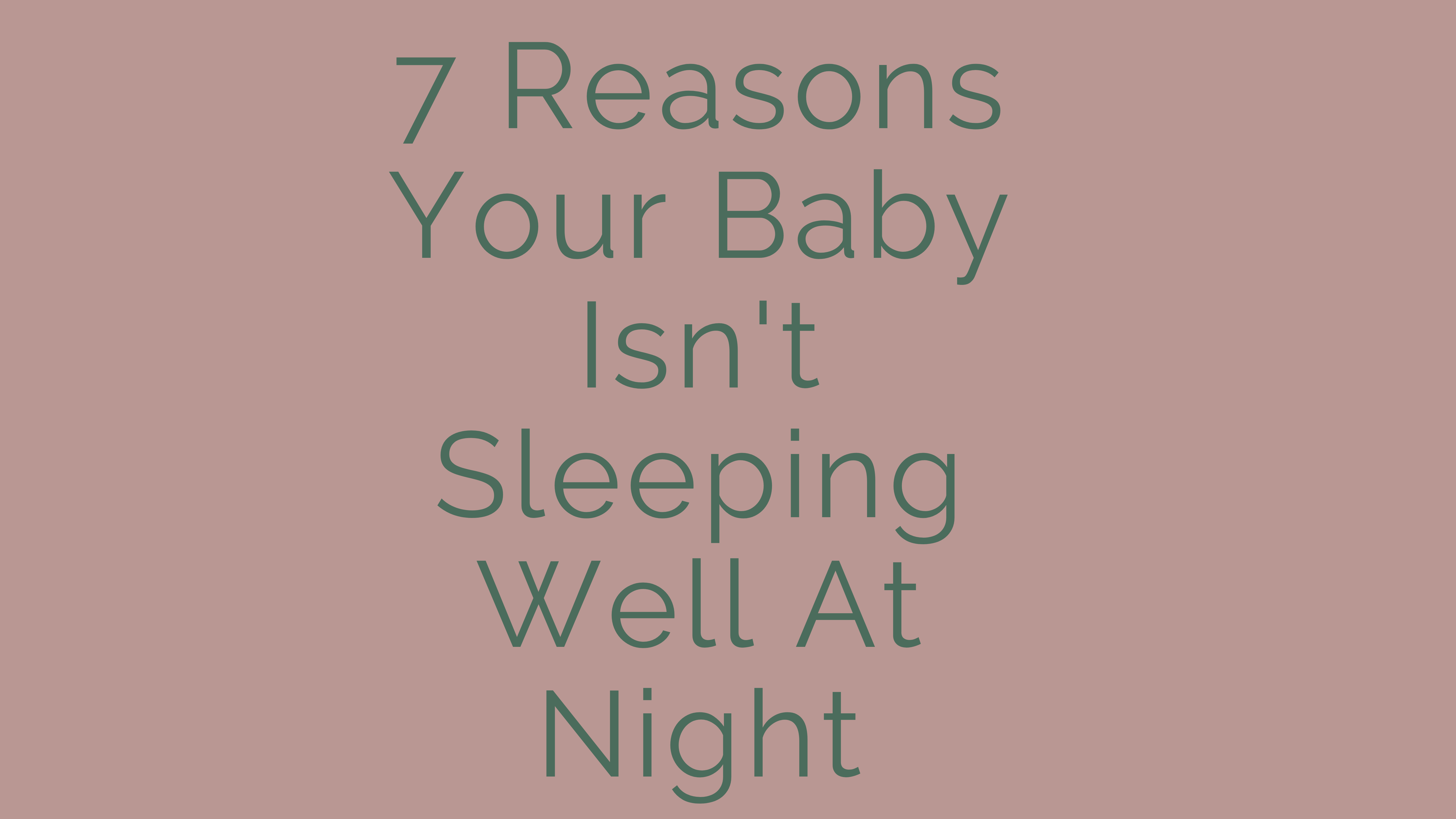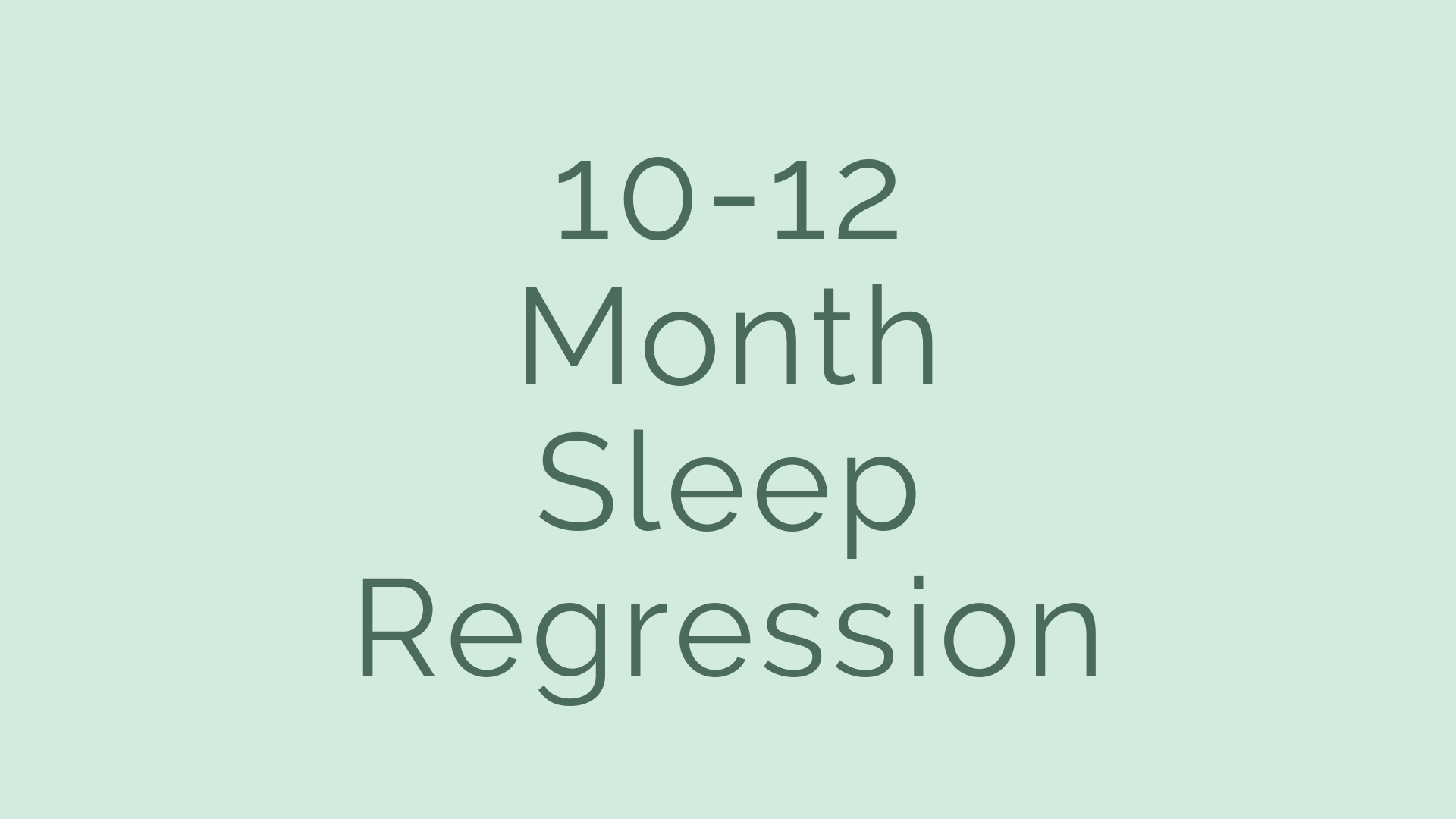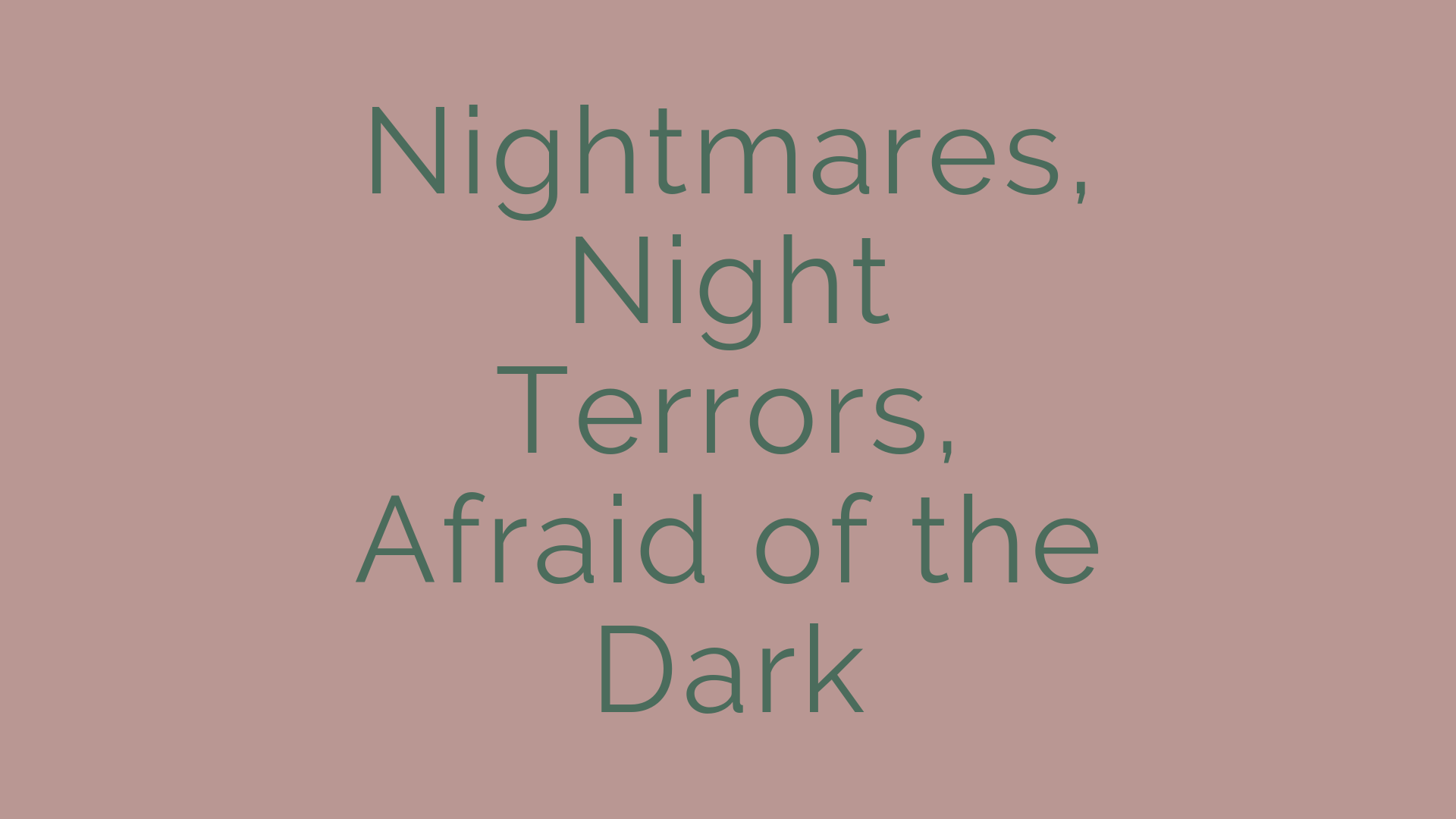File this under “Problems all parents wish they had” :). Here at Baby Sleep Trainer we usually try to answer questions that keep parents up at night. (See what I did there? I’m doing really well with the jokes this morning ha, ha!) Sometimes, however, parents struggle navigating situations that don’t necessarily make their lives harder, but they are nonetheless curious about how to navigate. Enter the question – Can Baby Sleep Too Much?
Is My Baby Sleeping Too Much?
My second child, Milo, once went through a 5-day span where he slept nearly 18-20 hours each day. He was brand new, and I recall this occurring in the first 2 weeks of his life. I called the doctor in a panic, asking if it was normal that my child didn’t cry and slept almost all the time for a week.
He was my second child and an easy sleeper (far different than my first). And it turns out he was just doing what newborns do sometimes – sleeping around the clock. By this time, I had also learned what to do to get newborns more sleep (which we eventually developed into a program all families could benefit from) – and this definitely helped as well!
I also have a close friend who has a wonderful, energetic, healthy son. He slept decently well as an infant, but definitely went through periods of time in the first 18 months of his life where he struggled with sleep (even though Mom was doing everything right). When that little boy became a toddler, suddenly he began to sleep at least 3 hours each day for his nap, often waking around 4 in the afternoon and going back to sleep each night at 7 pm, and then sleeping for 12 hours! He was clocking nearly 16 hours of sleep a day at 3 years old! For a child who formally struggled with sleep, this was amazing and unexpected.
When Sleeping Too Much is a Problem
In the examples above, night sleep remained steady despite lengthy sleep during the day. Sometimes kids (toddlers especially – but even infants) get into a pattern where they sleep a lot during the day. For younger infants, that would mean single naps that are longer than 2 hours at a stretch (learn more below). And for kids who take only one nap a day, that would mean a nap that is so long it interferes with the child’s ability to fall asleep easily at bedtime, sleep easily through the night, or causes them to wake up very early in the morning.
How to Know if You Should Be Concerned
Within the first 16 weeks of life, you should assume that whatever your child is doing when it comes to their sleep is normal, as long as they are growing, healthy, and thriving. While there are a number of things you can do to help your newborn sleep better, this period of time in a child’s life can simply be a struggle when it comes to sleep.
My recommendation is that between the hours of 7 am and 7 pm always wake a newborn after they’ve been asleep for 2 hours. Even if baby goes right back to sleep 45 minutes later – because they’re only 3 weeks old and can’t stay awake longer than that.
If your child is 4 months of age or older, naps can total about 2.5 – 3.5 hours total and still be within the range of “normal.” Some babies sleep less or more than that, and that can be normal as well.
Your barometer for whether or not your child is getting too much sleep in a 24-hour period should be their overnight sleep. If your child is sleeping between 10-12 hours overnight and waking after 6 am, you can assume they’re not getting too much daytime sleep. However, if your child is sleeping 3.5 hours across 2 naps, doesn’t fall asleep within 10-15 minutes of being put down for bedtime, and wakes at 5 am each morning, you may want to consider reducing their nap lengths.
When to Get Help
If this article has you feeling a bit overwhelmed, know that there is help. Baby Sleep Trainer has a wide range of programs to help you navigate your child’s sleep.
To Conclude:
- Kids of all ages can sleep “too much each day.”
- Sometimes “too much sleep” is just right for that child.
- Keeping an eye on nighttime sleep is your best indicator of whether baby is getting too much sleep during the day.
- Getting help to navigate your child’s particular situation is just a click away.






Leave A Comment